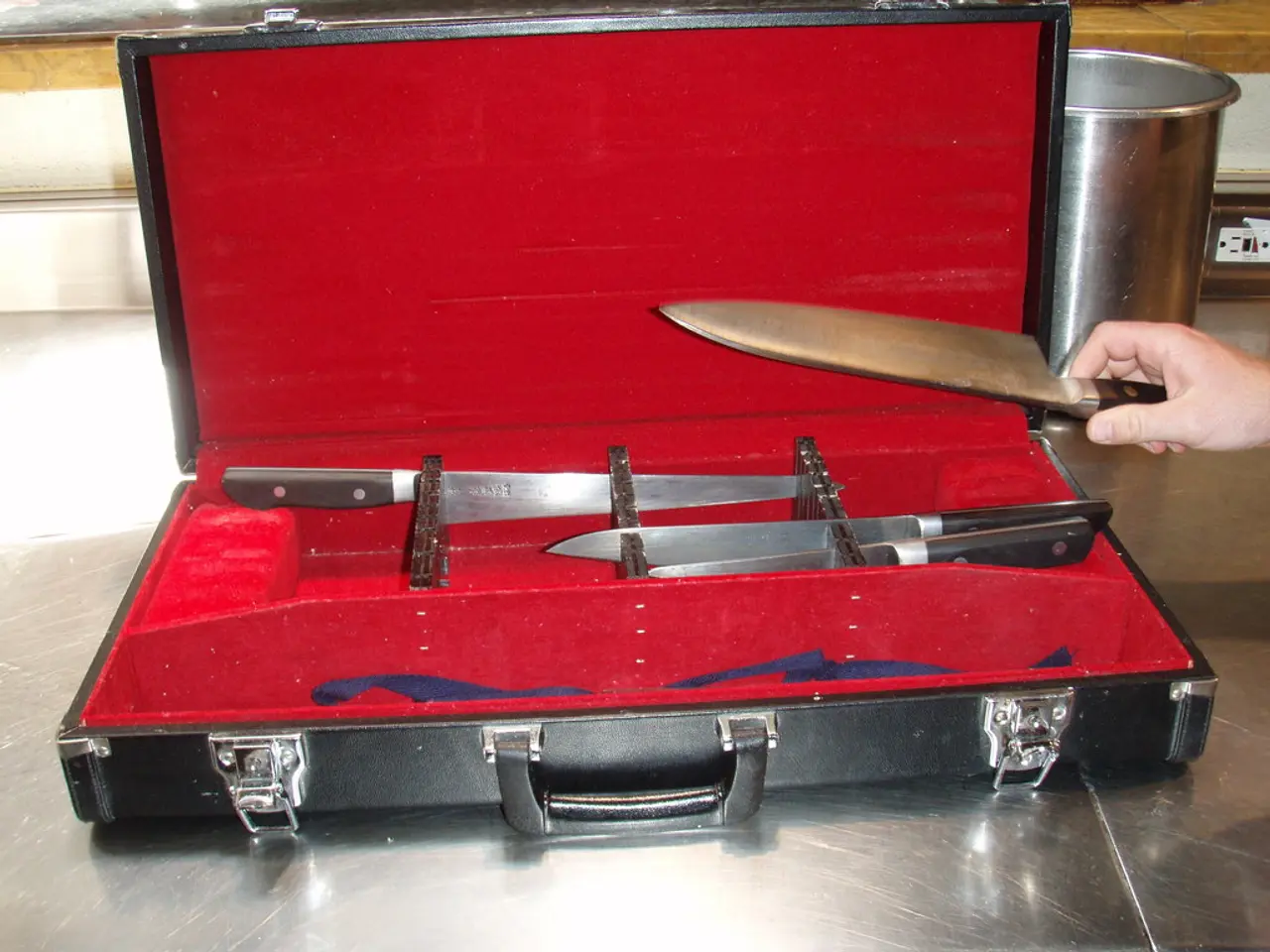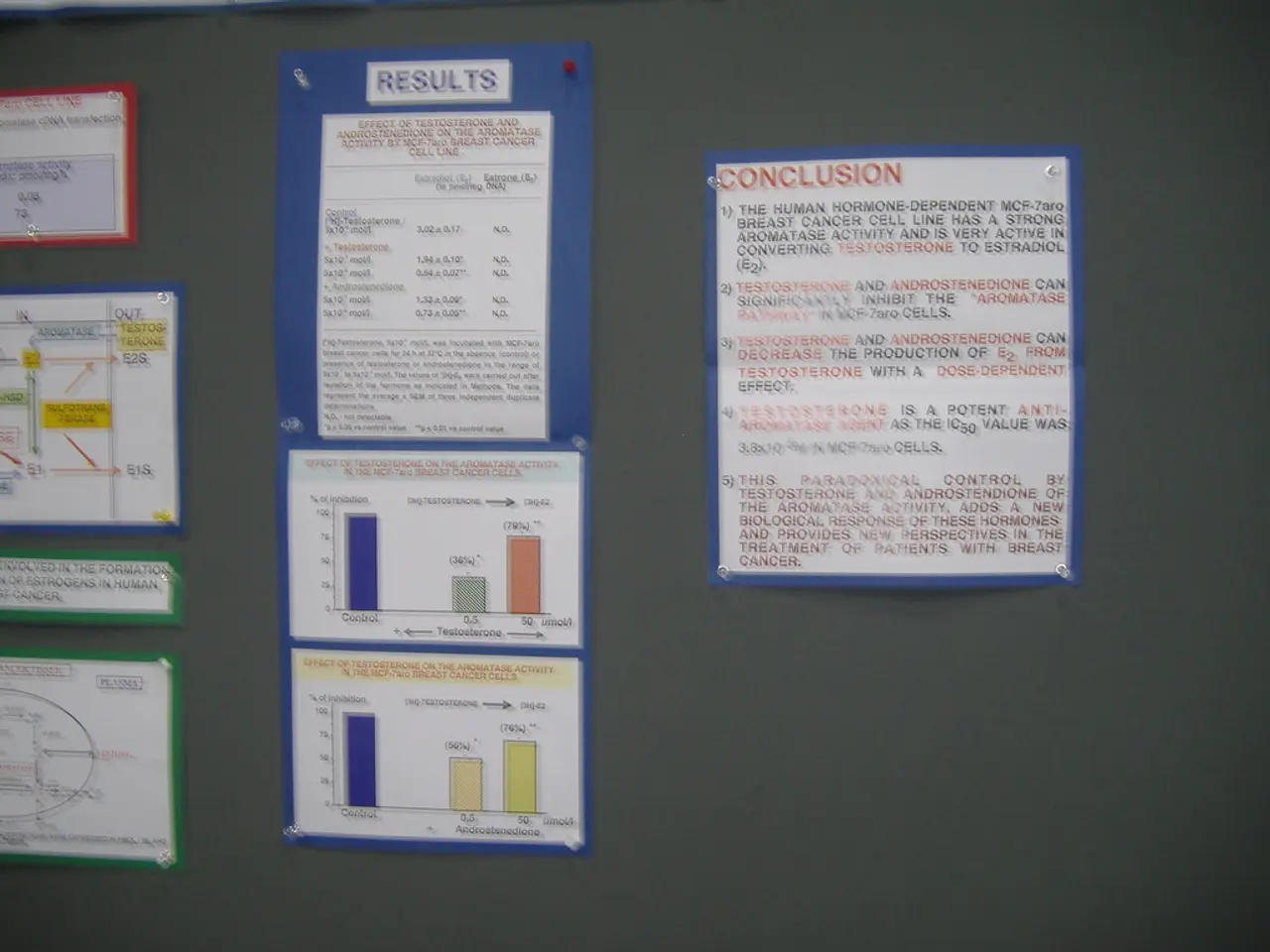Investigation Launched over Flights from Libya to Belarus, Allegedly Aiding Unlawful Immigration Movements
In recent months, there has been a significant increase in migration to EU countries, particularly Italy and Greece, from Libya. This surge is raising concerns among European officials, who believe that Russia may be using migration as a means to sow division within the EU.
According to reports, EU countries accuse Russia of indirect involvement in this crisis, with Belarusian President Alexander Lukashenko facilitating visa issuance, organizing flights, and transporting migrants from the Middle East and Africa to Minsk. These flights have raised questions about the potential facilitation of irregular migration flows.
Between January and June of the current year, over 27,000 migrants arrived in Italy from Libya, and over 7,000 arrived on the Greek island of Crete. This marks a tripling of migrant arrivals compared to the same period last year, indicating an increase in migration.
The situation in Minsk, Belarus, resembles the summer 2021 crisis where EU countries faced waves of African migrants from Belarus. Brussels fears Moscow might be attempting a similar strategy via Libya, using migration as a means to sow division within the EU.
Russia’s alliance with Libyan military strongman Khalifa Haftar has created a criminal infrastructure involved in human trafficking and smuggling, which Russia reportedly exploits to weaponize migration flows against Europe. This strategy appears aimed at undermining European cohesion and increasing political discord by intensifying migration pressures on EU countries.
The government of Libya's west has collaborated with European authorities, as evidenced by the recent meeting between Italian Prime Minister Giorgia Meloni and her Libyan counterpart. However, the rebel authorities in the east of Libya maintain ties with the regime of Vladimir Putin and his allies, raising concerns about potential collusion in the migration crisis.
Greece is currently dealing with a surge in migrant arrivals from Libya, coinciding with increased energy exploration near Crete by both Ankara and Tripoli. This has fueled concerns of geopolitical coercion and increasing tensions in the Eastern Mediterranean.
While some analysts note migration from Libya to Europe is also driven by local conflict and long-term trends, the growing coordination between Russia, Belarus, and Haftar’s forces suggests a deliberate geopolitical strategy to use migration flows as leverage against the EU.
In summary, multiple credible sources document that Moscow, through its patronage of Khalifa Haftar and coordination with Belarusian carriers, is weaponizing migration via Libya as part of a broader hybrid warfare strategy aimed at sowing division and political discord within the European Union. The EU Migration Commissioner Magnus Brunner urged engagement with Haftar's Libya to prevent Russia from weaponizing migration and emphasized that Russia is actively increasing its influence in Libya and employing migration as a hybrid warfare tactic to destabilize the EU politically by fueling anti-immigration sentiments and boosting pro-Russian parties.
- The escalating migration from Libya to EU countries, such as Italy and Greece, is raising concerns that Russia might be exploiting this crisis to sow division within the EU, either directly or indirectly through its alliance with Libyan military strongman Khalifa Haftar.
- The strategic use of migration flows by Russia, Belarus, and Haftar's forces as a means to destabilize the EU politically is becoming increasingly evident, with Moscow weaponizing migration via Libya as part of a broader hybrid warfare strategy aimed at increasing political discord and fueling anti-immigration sentiments within the EU.





